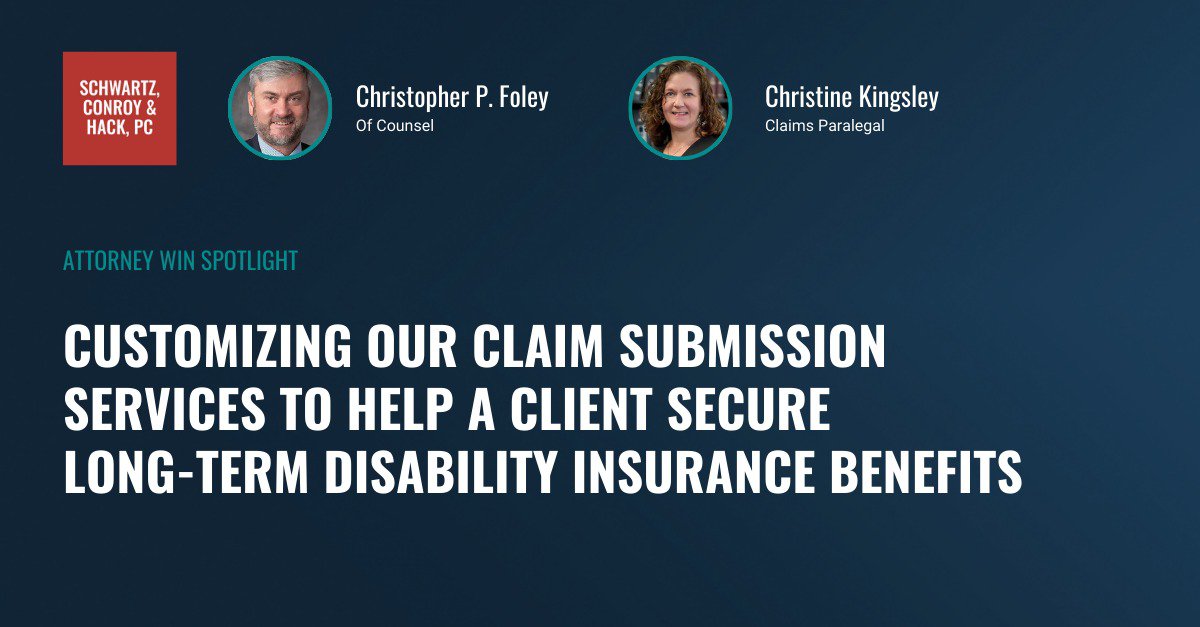A trial lawyer underwent quadruple bypass surgery after suffering a heart attack. He subsequently applied for benefits from Unum Life Insurance Company of America (“Unum”), his employer’s group disability insurer. Unum began paying, but terminated his benefits 10 months later, determining that he had recovered sufficiently to return to work. This termination occurred despite the fact that the lawyer continued to complain of pain in and around his incision site. He even consulted a pain specialist and received focused treatment for his pain.
After appealing unsuccessfully to Unum, the attorney filed suit under ERISA. The federal judge, employing de novo review, overturned Unum’s decision and reinstated the lawyer’s benefits. The case is entitled Dewsnup v. Unum Life Ins. Co. of Am. (D. Utah, Dec. 10, 2018).
Court Ruling
The court ruled that the lawyer’s continuing disability was supported by the evidence in the record showing that his complaints of neuropathic pain were credible for the following reasons:
- The pain had a “straightforward etiology,” meaning that it is a known complication of the bypass procedure that the lawyer underwent.
- There was consistency in the type and severity of the pain reported.
- Nothing to which Unum or its evaluators pointed served to undermine or call into question the attorney’s credibility.
Unum’s Failed Arguments
Unum argued that the diagnostic test results showing the lawyer’s improved condition supported termination of benefits. The Court, however, disagreed, correctly recognizing that those results only addressed the lawyer’s cardiac health, not his neuropathic pain.
The Court also criticized Unum for relying on the lawyer’s increased daily activities, pointing out that such activities did not correlate to or rise to a level that would equate to the material duties of a trial attorney.
Another argument Unum made in favor of discontinuation of benefits was that the attorney had discontinued certain medications and treatment. The Court likewise rejected this argument, noting that these decisions on the part of the attorney were justified because those medicines caused adverse side effects. As to the nerve ablation procedure the attorney decided not to have, the Court held that such procedures are of questionable efficacy.
This case is a prime example of how disability insurers manipulate information to achieve a desired result – to save themselves money – and how, in the hands of a skilled attorney, this illegal conduct can be stopped.
Evan S. Schwartz
Founder of Schwartz, Conroy & Hack
833-824-5350
[email protected]


